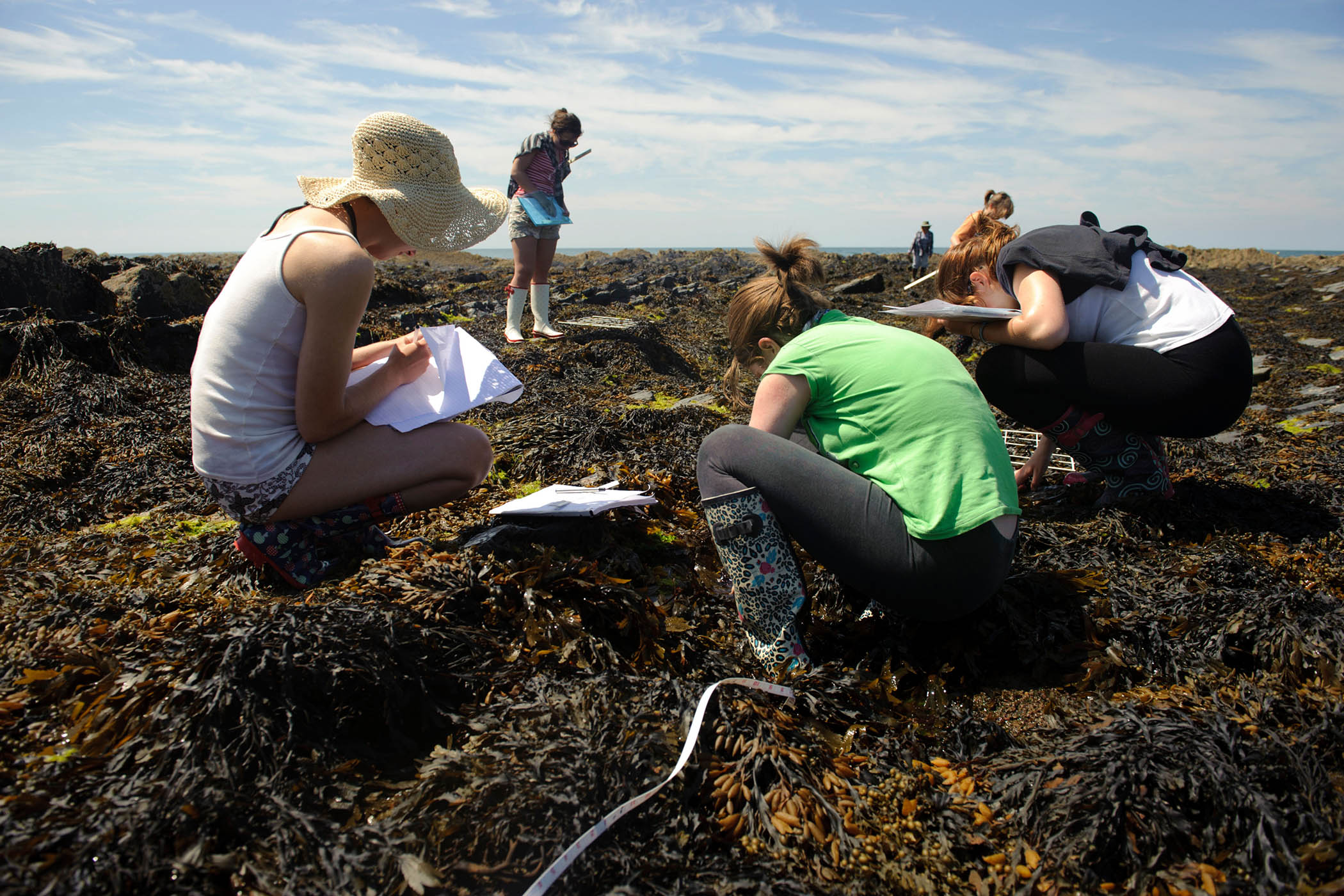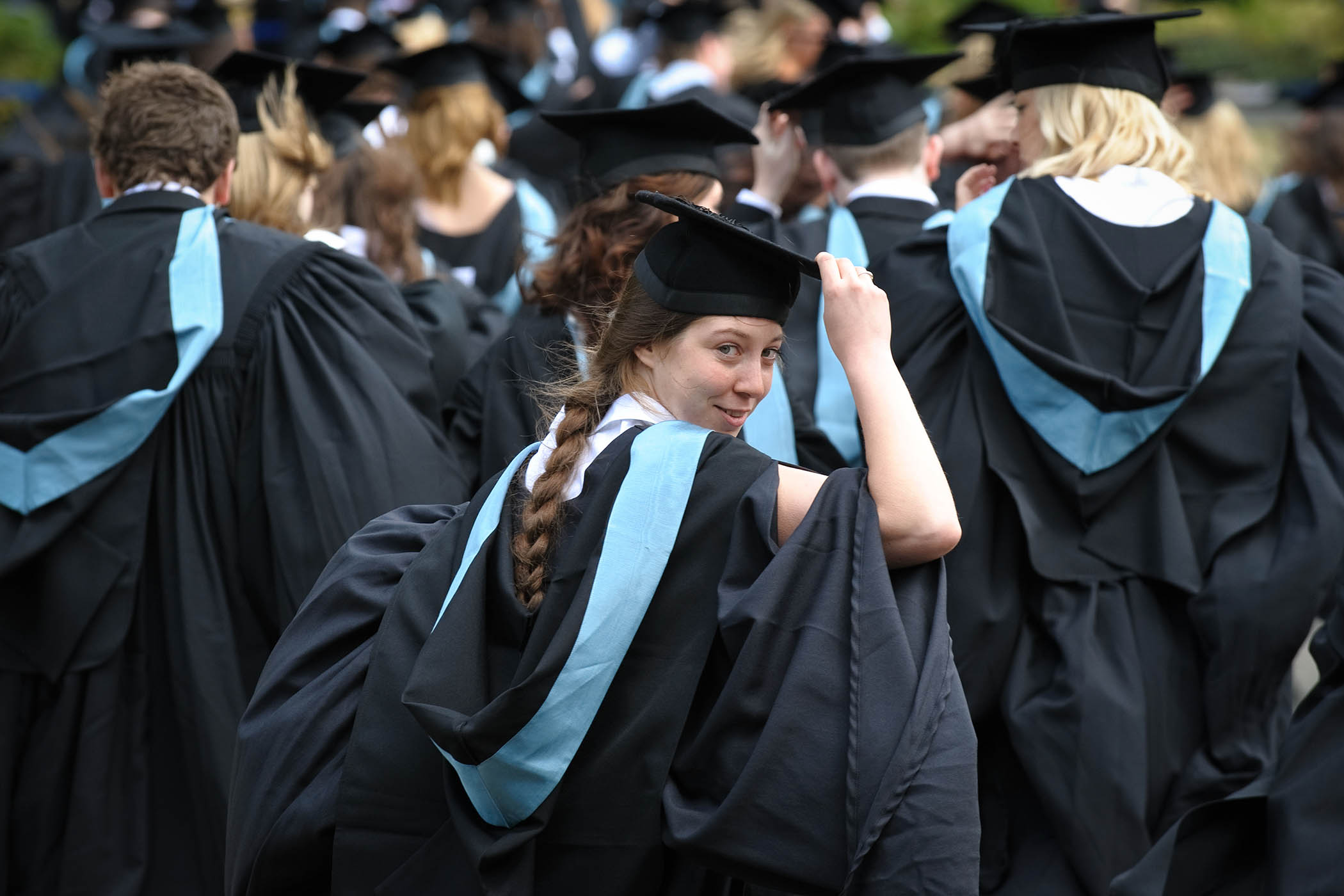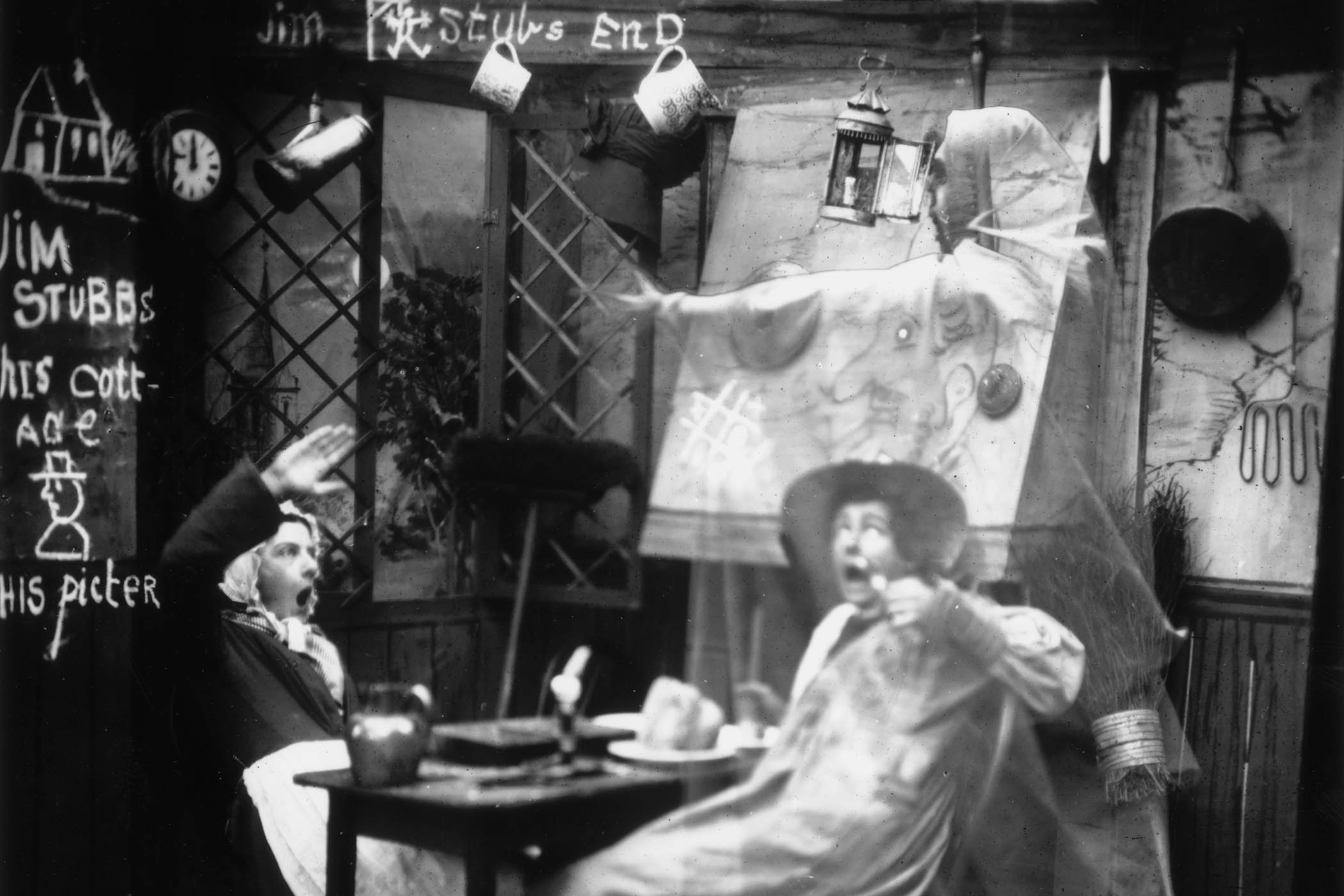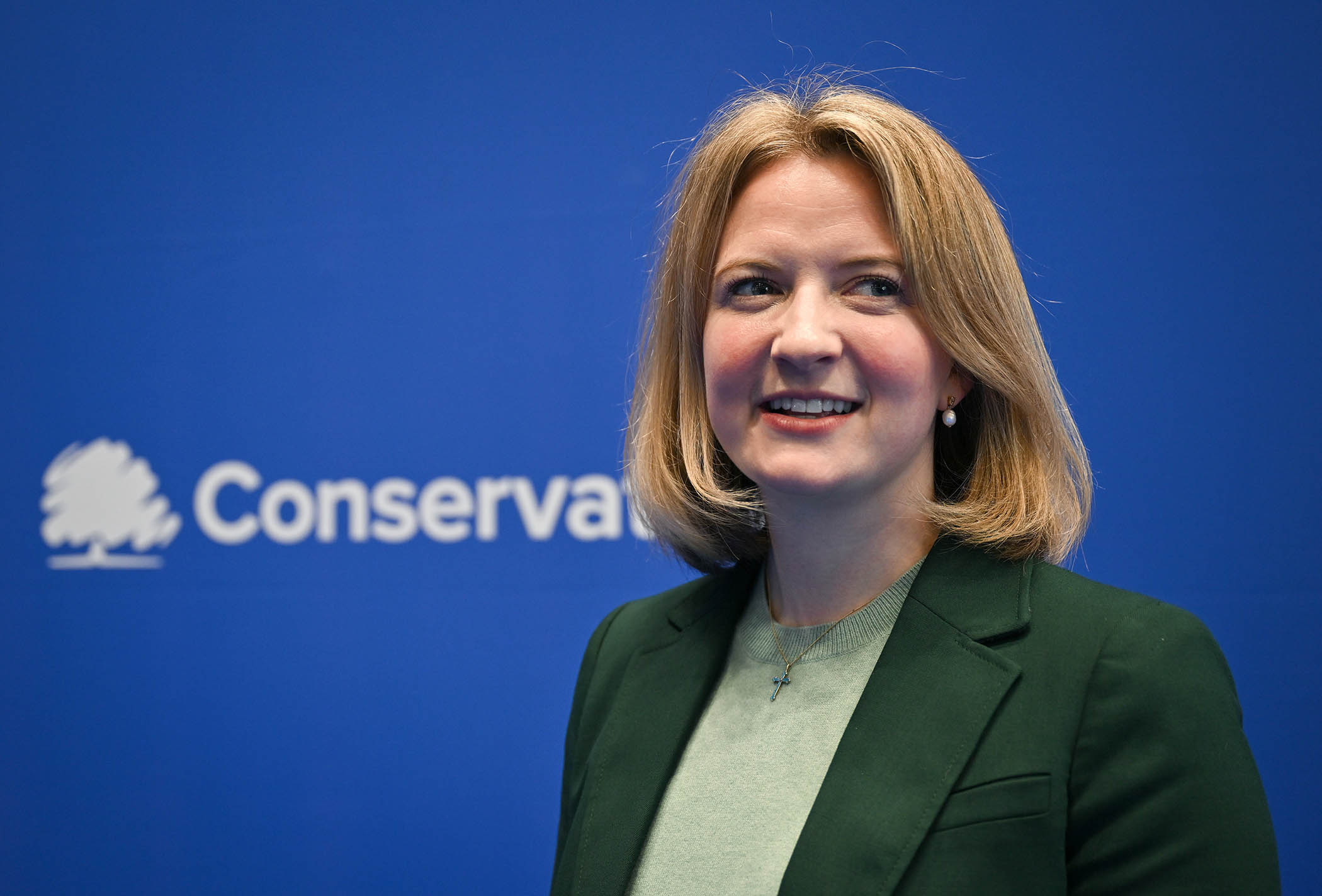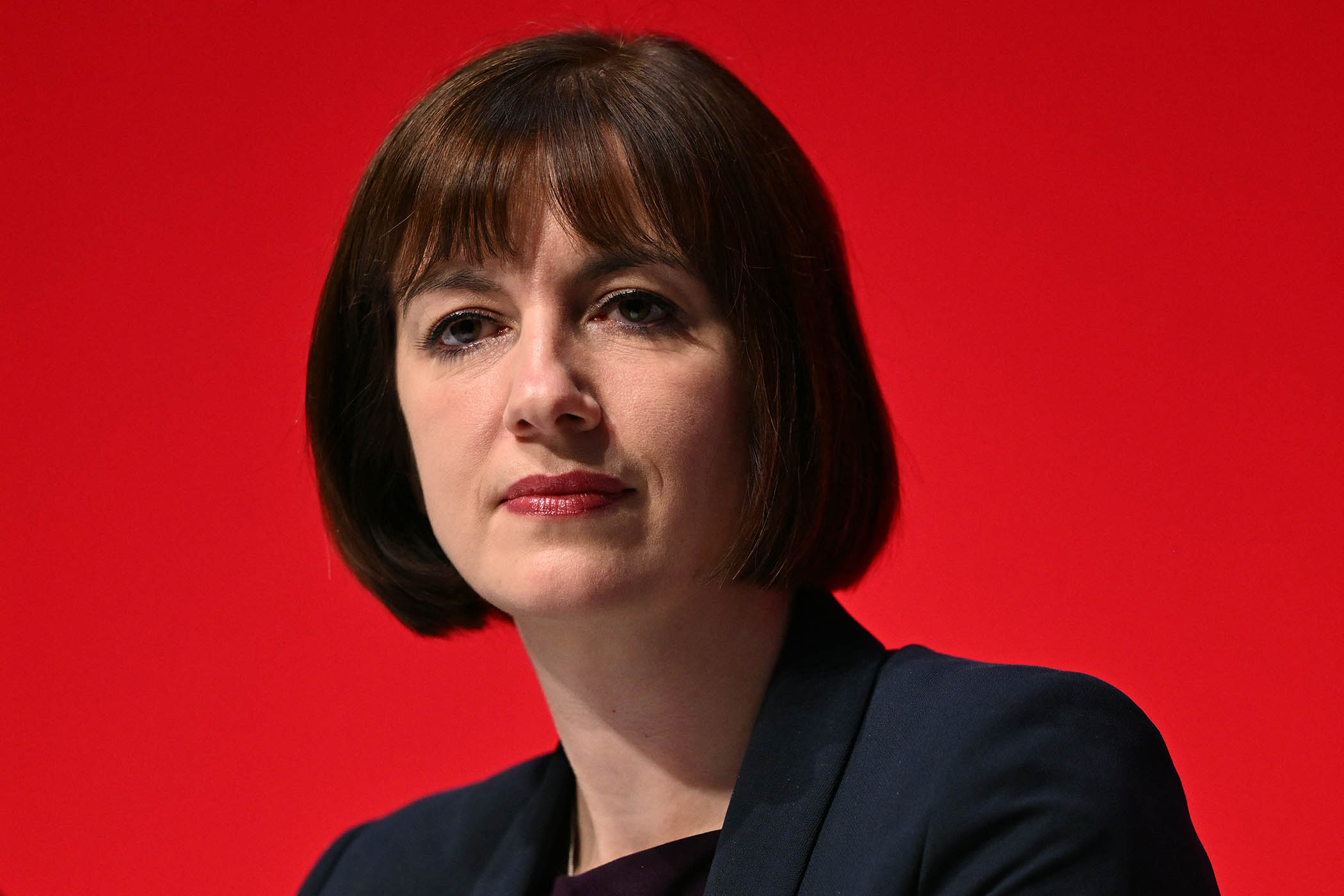
The sudden decision may mean the IB program is only available in private schools
The government is slashing funding for the International Baccalaureate (IB) in state schools, meaning the qualification may only be offered in the private sector.
On Wednesday, the Department for Education wrote to headteachers to say that the additional money paid to schools for delivering the IB diploma programme would be withdrawn from next year. In the letter, the government said it would be “reprioritising” the funding of post-16 education in England to focus on “larger than normal maths and high-value A-level programmes to support the pipeline of students for priority sectors”.
The decision, which was communicated with no consultation or warning, is in marked contrast to the approach taken by Tony Blair when he was prime minister. In 2006, the Labour government announced plans to give all state school pupils in England the chance to study for the IB diploma.
Money was allocated to ensure that each local authority area had at least one centre offering the internationally recognised qualification.
Richard Markham, CEO of the IB Schools & Colleges Association, has written to the education secretary, urging her to reverse the “hugely regrettable” decision “before the damage is done to a generation of aspirational state school children”.
Related articles:
He warned that the funding change could mean that “the International Baccalaureate is only available in private schools”.
The IB diploma, which is taught in 160 countries around the world, is broader than A-levels. Instead of taking three exams at 18, pupils study six main subjects over two years and can combine arts and sciences. They also take the Theory of Knowledge course, which is designed to encourage critical thinking, write an extended essay and participate in voluntary work. There is a separate vocational stream called the “career-related programme”, which allows students to combine academic subjects with training in particular skills.
Until now, schools have received an additional £2,000 per pupil for the IB diploma because of the extra teaching hours involved.
In the UK, 55 state schools teach the IB, including 20 that offer the IB diploma. The qualification is more widely available in the private sector, with 76 independent schools in the UK offering the IB.
In his letter, Markham said the decision to slash funding “drastically reduces pupil and parent choice without any consultation or forewarning”. He warned that the change “flies in the face of the ‘broad and bold’ curriculum” Keir Starmer promised to introduce.
“For decades, the IB has offered young people in state schools access to a world-class, rigorous education that equips them with the breadth of knowledge and critical skills needed to thrive in higher education, apprenticeships and their careers,” he wrote.
“Reducing funding on this scale would limit these advantages to those attending private schools, removing these opportunities from state school children.”
A Department for Education spokesperson said: “Schools and colleges will retain the freedom to decide what programmes of study to offer regardless of these changes, which are aimed at prioritising subjects we know lead to good jobs and drive economic growth.
“Our commonsense reforms ensure the greatest value for money for the taxpayer and will equip young people with the skills they need for their future careers.”
Photograph by Oli Scarf/AFP via Getty Images


